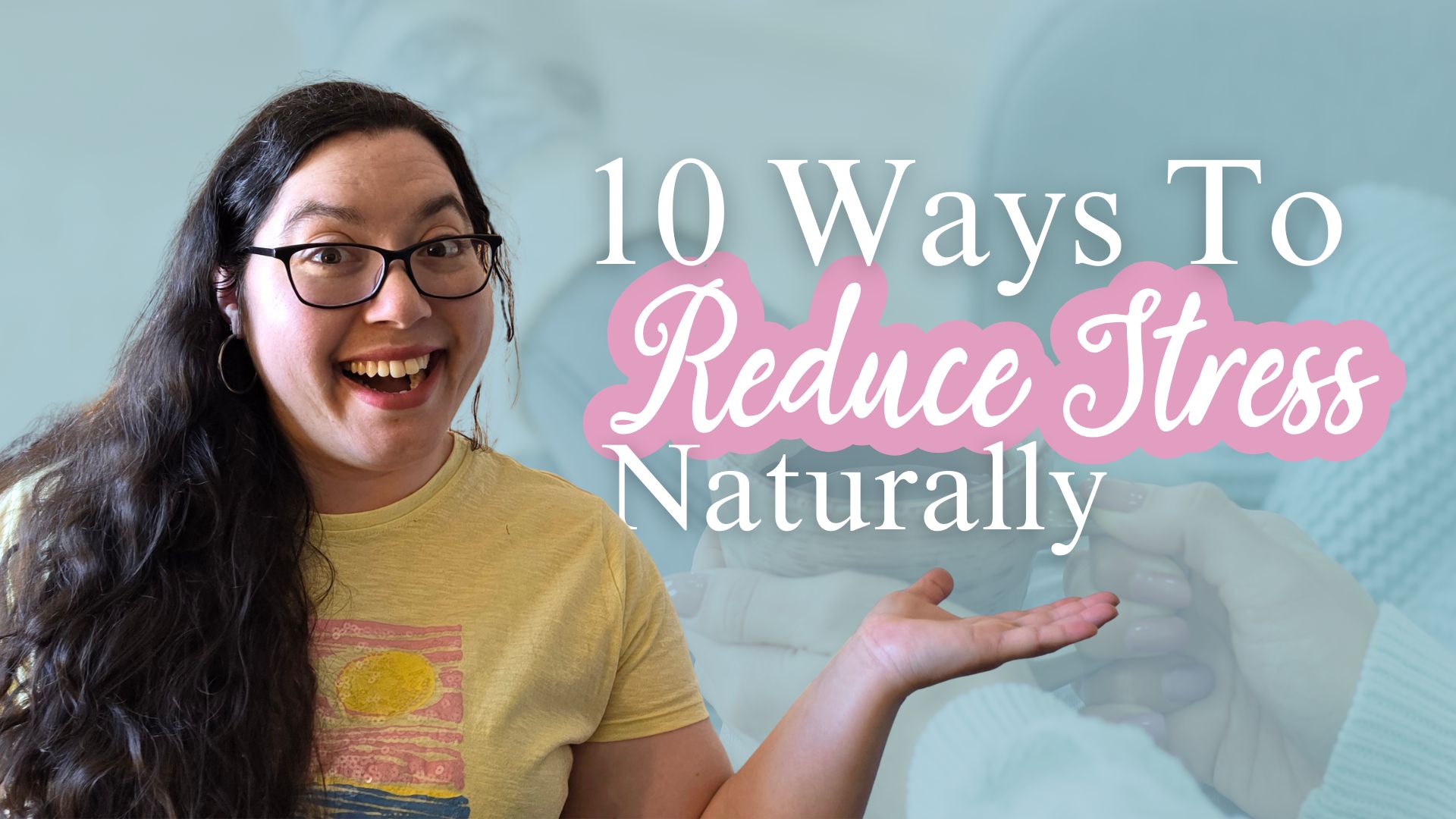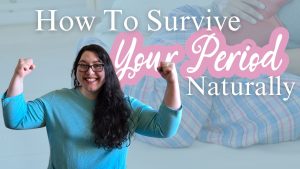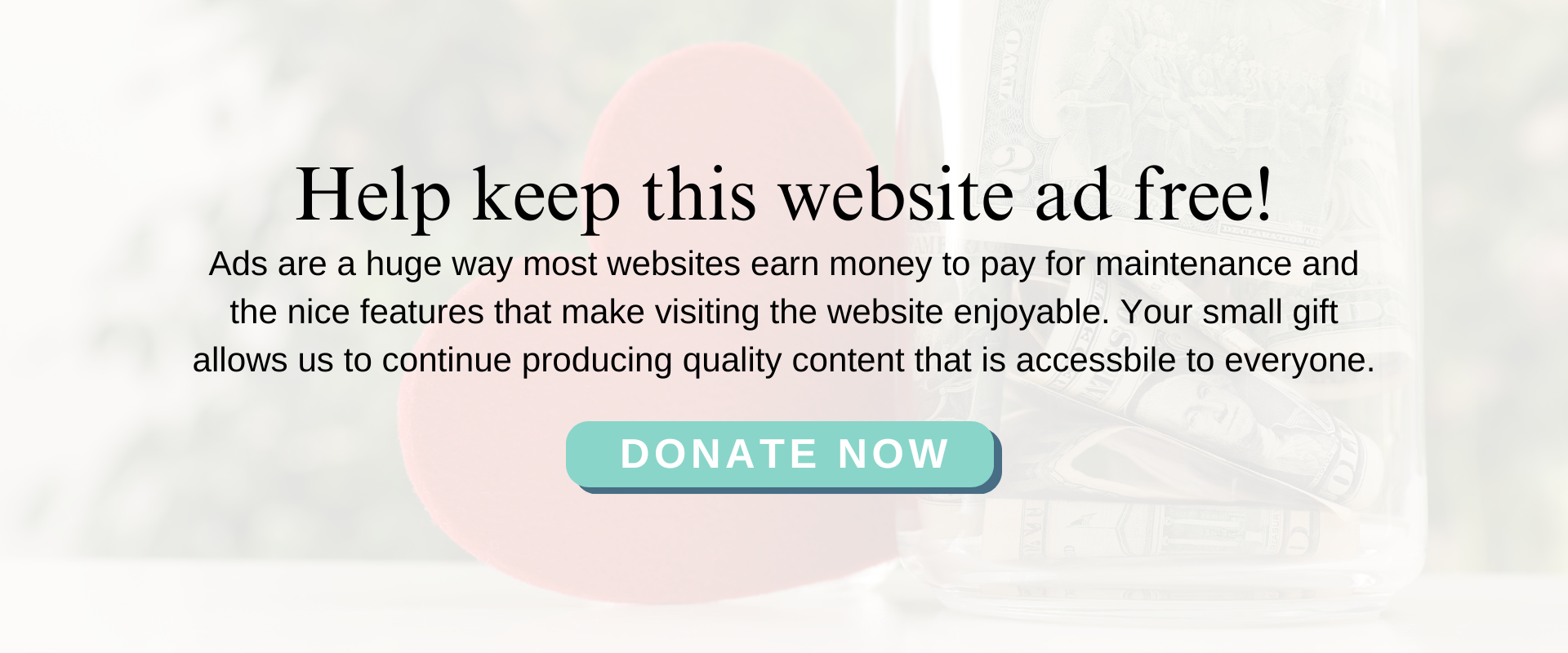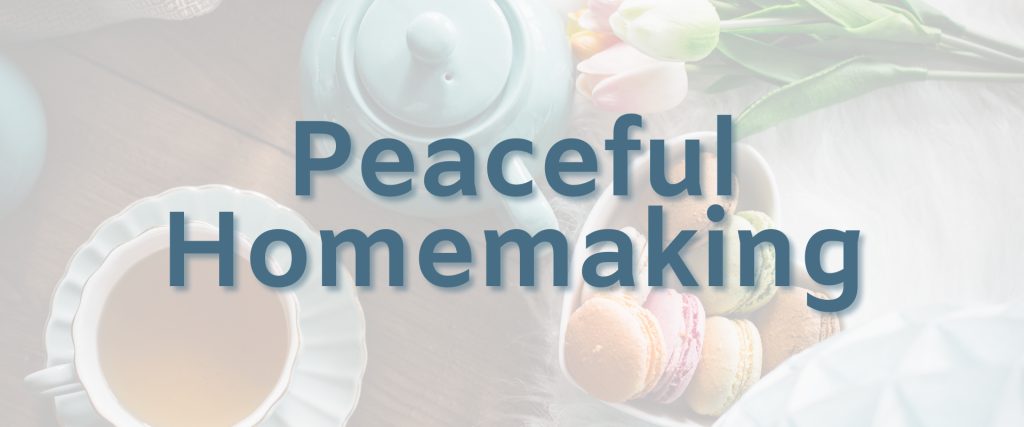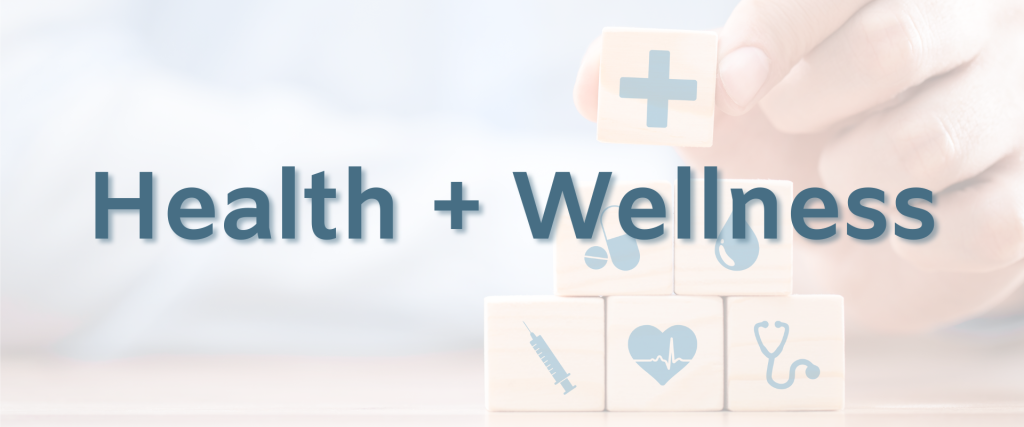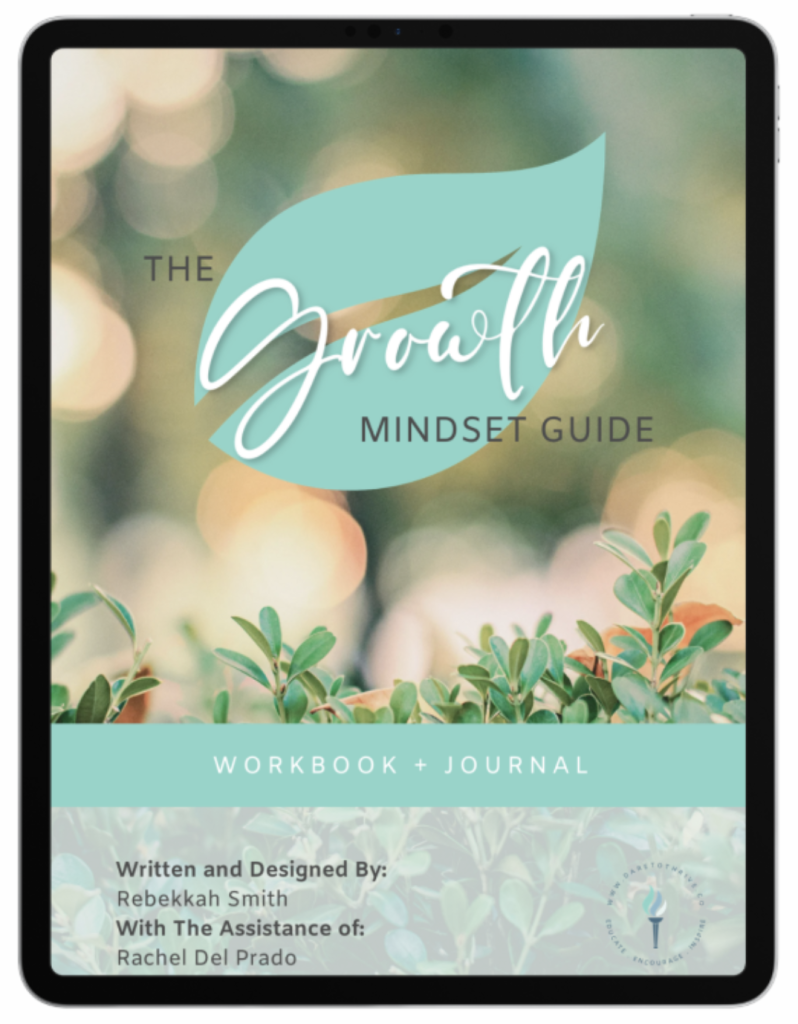In today’s world, finding ways to reduce stress, especially ways that are natural, has become paramount to our well-being and progress.
The people who are perpetually stressed—aka chronically stressed—aren’t usually happy or healthy. Did you know that stress can kill you? Ok, well, maybe not directly.
But, left unresolved, unhealthy stress can definitely play a significant role in weakening your heart and body, which over time can lead to diseases that can cause death, like heart attacks and strokes.
In this article, rather than tell you about stress, I decided to share 10 ways to reduce stress naturally. We all know that stress is annoying and a lot of us really just want to have less stress in our lives in general. The following 10 ways are things I actually do a lot of the time. I’ve found them to be super helpful and hope that one or more can help you too.

1. Practice Gratitude Journaling To Reduce Stress
Journaling is a wonderful way to get your thoughts out of your head. It’s also a great way to reduce stress and release other emotions that can become overwhelming.
Additionally, when we fill ourselves with positivity and gratitude, we can combat the negative voices that aim to tear us down.
As a Christian, one of the ways I fill myself with positivity and gratitude is by spending time in prayer, meditation on and studying Scripture, and recognizing the myriad of ways the Lord has blessed my life.
Prayer
The beautiful thing about gratitude-focused prayer is that it takes you out of your head and away from yourself. What I mean by that is gratitude-focused prayers don’t typically start with “Lord, please help me with…” Instead, they begin with a few words of praise and thanksgiving like “thank you Lord for all the goodness you’ve allowed into my life…” Hopefully you can see the difference there.
When we write our prayers or even just list peoples, things, and experiences we’re grateful for, we create a connection between the emotion of gratitude and our minds. When this connection is made, we allow our brains to compute the information we’ve just learned. In other words, we make conscious the once subconscious emotions that may have been buried away by time and other possibly negative experiences.
Gratitude and Happiness
There is a great connection between acknowledging good things and expressing gratitude and lifting the mood which occurs when hormones like serotonin and dopamine are secreted. Check out this article from Positive Psychology to learn more about the connection between gratitude and overall health and happiness.
Ultimately, the practice of journaling the things we’re grateful for can boost our mood, alleviate stress, and even improve our relationships.
A Biblical Reminder
In 1 Thessalonians 5, Paul encourages practicing gratitude for the sake growing closer to the Lord and our Christian community. He tells us to “Rejoice always, pray continually, give thanks in all circumstances; for this is God’s will for you in Christ Jesus” (NIV).
This verse is an excellent reminder of the importance of practicing gratitude for the sake of becoming more like Jesus which is God’s ultimate will for all His children.

2. Mindfulness Meditation Can Naturally Reduce Stress
Mindfulness meditation isn’t new. The practice of mindfulness permeates culture, society, and the wellness industry. But before mindfulness and meditation became trendy, we can find examples of both history and in the Bible.
Many cultures see the practice of meditating as one that elevates us in our pursuit for self-actualization.
Self-actualization
In the sphere of positive psychology, self-actualization is most widely attributed to Abraham Maslow, who popularized The Theory of Self-Actualization in 1943. Popular definitions include:
“the psychological process aimed at maximizing the use of a person’s abilities and resources. This process may vary from one person to another” (Couture et al., 2007).
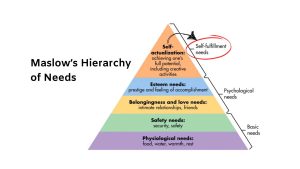
You may be familiar with Maslow’s Hierarchy of Needs. Self-actualization is the point at the top of the pyramid where a person—only when they feel all their other needs have been met—can experience a holistic sense of fulfillment.
Mindfulness and Well-being
Studies have found a correlation between mediation practices and feelings of fulfillment. In an article from Psychology Today (2020), Dr. Melanie Greenberg, Ph.D. and licensed clinical psychologist and life coach writes about a study which was done to find the correlations between mindfulness training and positive emotions.
In the study, researchers found that when individuals are taught a two-fold mindfulness skill—monitoring (awareness of one’s body) and acceptance (being willing to live with one’s feelings, emotions, and environment, etc)—that greater feelings of happiness and fulfillment were not only achievable, but more lasting.
Mindfulness and the Bible
In addition to the realm of positive psychology, it’s important that I share examples of mediation found in the Scriptures. As you may be aware, I write these articles on Dare to Thrive from a Christian perspective. While I pride myself on not overly spiritualizing what is simple and straightforward, I do believe that regardless of a person’s faith background there are many qualities and characteristics we can glean from the Bible.
For example, when we review the book of Psalms, we can see how over and over again, the Psalmist uses poetic imagery and songs of praise when calling out to God. Some psalms begin with a plea or cry for God’s intervention. While others are simply to praise the Lord and express gratitude.
The Psalms (Old Testament)
Many of the psalms are actually choral pieces orchestrated by the choir director for King David. Then, the psalms end with some sort of praise and adoration of the Almighty, acknowledging that without Him, the psalmist could not survive. Psalm 18, among others, is an example of a choral arrangement that David sang as praise to his Savior.
“I love you, O LORD, my strength. The LORD is my rock, my fortress and my deliverer; my God is my rock, in whom I take refuge. He is my shield and the horn of my salvation, my stronghold…” (Psalm 18:1-2, NIV)
Many examples of meditation can also be seen throughout the Psalms and other parts of the Bible. In Psalm 19:14 (NIV), we read “May the words of my mouth and the meditation of my heart be pleasing in your sight, O LORD, my Rock and my Redeemer.” Additionally, if we jump over to the New Testament, we can see the implication of meditation in Philippians.
The New Testament
In his letter to the church in Philippi, Paul exhorts the believers to think about such things in the following verse:
“Finally, brothers, whatever is true, whatever is noble, whatever is right, whatever is pure, whatever is lovely, whatever is admirable—if anything is excellent or praiseworthy—think about such things” (Phil. 4:8, NIV).
See these other passages of Scripture for more examples of meditation:
Joshua 1:8, Psalm 1:2, Psalm 119, Genesis 24:63
How To Practice Mindfulness Meditation
- Find a quiet, cozy space to sit without distractions.
- Sit in a position that will allow you to feel comfortable while experiencing your body’s sensations.
- Use a special word, mantra, or prayer to keep your mind from wandering.
- Take deep inhales and exhales as you allow your mind and body to relax.
- Describe to yourself where you feel your breath filling your body.
- Allow yourself to sit and dwell on your body’s physical sensations.
- Allow yourself to accept the negative feelings with the positive feelings.
- Don’t worry about wandering thoughts, simply recenter them with your focus word, mantra, or prayer.
- Think about why you decided to become more mindful and allow that reason to motivate your enjoyment of the practice.
- When finished, deeply exhale to release the stress and burdens you brought to your practice and give yourself permission to move on in whatever way suits you at that moment.
Incorporating mindfulness meditation into your routine can be as simple as finding a quiet, distraction free space to sit, breathe, and take stock of your body (the sensations you feel), your mind (the thoughts you’d like to dwell on or eliminate and how they make you feel both emotionally and physically), and your soul (what spiritual aspect you’d like to draw on for the moment, whether that be a particular Scripture passage, a prayer, a positive mantra, etc).
Use this time to reflect and see how you feel after about 5-10 minutes of building both awareness and acceptance.

3. Count Your Blessings
This is similar to gratitude journaling in that you’re still intentionally listing the things you’re grateful for. The difference with counting your blessings is that you don’t need a journal to do it.
When you’re having a rough day or just need a non-invasive reminder that life isn’t as bad as it seems, list out all the things and people you’re grateful for.
You may be pleasantly surprised at how nice it is to receive this type of reminder without it coming from someone else. After all, those “at least” statements can become super annoying, no matter how well meaning the person is.

4. Read the News Instead of Watching it
For whatever reason, watching the news drives me crazy. That’s why I read it instead. I have found that reading it, instead of watching it and ultimately hearing it, has really helped me to relax more.
News anchors have this incessant need to be extremely intense. As a person who suffers from anxiety and naturally copes with anxiety disorder, I can say that reading the news is much better for my nervous system.
I also read it sparingly to be honest. I have learned my limits and have found that even reading it too much can cause my cortisol levels (stress hormone) to rise needlessly.
One way I enjoy reading the news is by using theSkimm. This is not sponsored, I just know that I enjoy reading headlines and digging into the news that calls my attention.

5. Drink More Water
I’m sure you’ve heard and read this numerous times, but it’s soooooo true! Being well hydrated is such a vital part of living a healthy life and maintaining a good mood, which can help you be more positive.
This is the water bottle I use and love!
Drinking at least half your body-weight in ounces is a great way to begin getting enough water. If you’re active, you definitely want to drink more water than just the bare minimum.
Healthline says, “Your brain is strongly influenced by your hydration status.” Read the full article here. So, make sure to drink plenty of water every day and keep yourself healthy, hydrated, and positive!

6. Write Down Affirmation Cards and Post Them All Over Your Home
You’ve probably heard that it takes 5 positive things to out-weigh 1 negative thing. Well, that’s why I highly recommend consistently reminding yourself of how amazing you are with affirmation cards!
Here are some affirmations you could write:
- I am beautiful/handsome.
- I am intelligent.
- I am worthy.
- I am more than enough.
- I perfect just the way I am.
- I can achieve my goals.
- I am more than capable of [fill in the blank].
I love affirmations because they are a great way to remind yourself of how amazing you are. You don’t need anyone else’s affirmations. You simply need to believe your own affirmations.
I firmly believe that self-affirmations are a vital part of reducing stress and living a healthier, more fulfilled life.

7. Set Phone Reminders to Get Up and Walk for 5-minutes Every Hour
Something you may have heard is that physical activity, even in small doses, is excellent for your mental health. The endorphins alone make getting sweaty worthwhile. Plus, exercise is one of the best ways to naturally reduce stress!
That’s why I recommend taking some time every few hours to get up and move a little. A great way to start this and make it into a habit is by setting a reminder at lunch time to go for a short walk, preferably outside, and practice some deep breathing to release carbon dioxide from your body and reduce stress levels.
If your schedule permits, I also recommend taking this a step further and setting reminders on your phone to get up and move a little for about 5-minutes every hour. The reason for this is that studies have shown that a little bit of movement goes a long way. This article tells you all about how moderate exercise for 30-minutes a day can change your life.
But even if your schedule doesn’t currently allow for 30 consecutive minutes of exercise, definitely incorporating a little bit of intentional movement throughout your day is a great way to boost your mood and reduce stress naturally.
Benefits of Moderate Exercise
Moderate exercise can also give you the opportunity to focus on your breath, a great way to practice some mindful breathing, as well as give you a few minutes to think about something other than work and life.
One of my favorite ways to get myself moving even just for 15-minutes is the Walk At Home app. It is a paid subscription, but the wide variety of exercise videos offered on the app make it so easy to get in some gentle, full body exercise at least 3 times a week.
Just to be completely transparent, that link is not an affiliate link. I don’t gain anything from you clicking on it or choosing to buy a subscription. It’s just the link to the website and I genuinely believe it’s worth trying.
I’ve personally been enjoying Walk At Home videos for years and have been using their 15, 20, and 30-minute walking workouts to help me build a consistent exercise routine that feels good to my body without becoming overly exhausted or feeling guilty if I decide that I’m just not in the mood to exercise.

8. Go Outside Everyday For Natural Stress Relief
Depending on where you live, going outside every single day may not be fully possible, however making the effort to get outside as much as possible is a huge way to improve your mental health and increase positivity.
Fresh air, not air conditioning, is vital to our health. Stepping outside for a few minutes each day to take some deep breaths and take in the scenery is an excellent way to encourage relaxation, reduce stress naturally, and increase your positive thinking.
Alternatives to Going Outside
If you can’t get outside, for whatever reason, I highly recommend stepping away from your workspace, changing your scenery, standing by a window, and practicing deep breathing. This will give a similar effect to being outside and help you get your mind off the stress of the day.
If you’re like me and live somewhere super hot and humid and can’t really tolerate the climate, I recommend at least going outside in the evening, when it’s cooler. Something I tend to do while we still live in Guam is taking walks at night.
Granted, we live on the military base, so walking in our neighborhood at night is fairly safe and well lit. I also take walks with my neighbor who, similar to me, can’t stand the heat here.
Natural Light Is Powerful
Another helpful alternative to being directly outside is having as much natural light flooding my home as possible.
Exposure to natural light helps with boosting mood by regulating the circadian rhythm and helping the production of happy hormones like serotonin and dopamine. There are tons of articles and studies that support the health and stress reducing benefits of natural light exposure.

9. Take a Women’s Multivitamin
While there may be a lot of controversy surrounding multivitamins, I can confidently say that I wouldn’t willingly go a day without mine. A multivitamin is simply a supplement that contains several of the recommended daily value vitamins the human body needs to function more optimally.
Keep in mind, though, that not all multivitamins are created equally. Some are made with low quality derived ingredients and may require further supplementation to actually experience results like higher energy levels and increased skin and hair health.
Where To Buy Multivitamins
With that being said, don’t be afraid to simply ask your doctor for a prescription multivitamin. Depending on your insurance coverage, you may not have to pay much or anything for a good quality supplement.
Otherwise, check out this article from Healthline, where a dietitian compares several different brands of multivitamins for women.
Please keep in mind that supplements should never replace nutrient dense meals and healthy ingredients. They should be used in addition too or as supplemental nutrition to an already balanced nutrition plan.
Basically, multivitamins are a great way to begin getting more of what you need. But in order to truly know what your body is lacking, it is ideal to get some blood work done in order to know for sure what you need to supplement.
My Personal Experience
At the moment, I take a women’s prenatal multivitamin and several other supplements to provide my body and mind with the necessary assistance it needs to feel energized and healthy. Eventually, I’ll share a more detailed article about my personal supplement regime, what I take and why.

10. Move Your Body To Reduce Stress Naturally
As an anxiety sufferer, I can tell you first hand that moving my body and getting in a good sweat is the primary way I reduce my stress. Whether it be through taking a walk outside in the evening, like I mentioned earlier or doing an in-home workout video, sweating and moving my body are what I’ve found to be a huge way to reduce stress and just better overall.
A few types of exercise or gentle movement could include:
- doing yoga
- a Walk At Home video
- searching YouTube for a workout video
- riding a bike or stationary bike
- going outside for a walk
- participating in a sport
- cleaning your house
Benefits of Consistent Moderate Exercise
Regardless of the type of exercise you choose, you’re bound to experience some lovely effects. First of all, exercise lubricates the joints. So if you’re ever feeling stiff in the knees, just take a little walk and you’ll begin to feel a lot better.
Exercise also strengthens your heart, boosting cardiovascular health, and helping prevent or at the very least reduce the risk of heart disease and other related health concerns. When we exercise, especially at a moderate pace—meaning you can still talk, but it’s harder and your breathing is heavier—you automatically begin to activate the body’s natural fat burning mechanisms.
When we begin to use stored fat as energy, we naturally help our bodies reduce unnecessary, which can also be a big pro of getting sweaty. The last main reason why I love doing some moderate exercise several times a week is that I just feel so much better overall. I sleep better, I think better, and feel like I make better eating choices.
Closing Thoughts
Finding ways to reduce stress naturally can make such a difference in your life. You’ll end up being a happier person and inevitably have happier relationships as a result.
As a Christian, I’ve found that when I combine several of the things I mentioned, I end up feeling so much stronger and healthier inside and out. My faith is strengthened, my relationship with my husband benefits, and my ability to write and create meaningful and valuable content that can help others is empowered.
I really hope you enjoyed this article and found something helpful. Let me know in the comments if you’d add anything to this list. Also, do you do any of the things I mentioned? How have they helped you? I’d love to know! If you’re passionate about natural living, check out this article for my tips on surviving period naturally.

